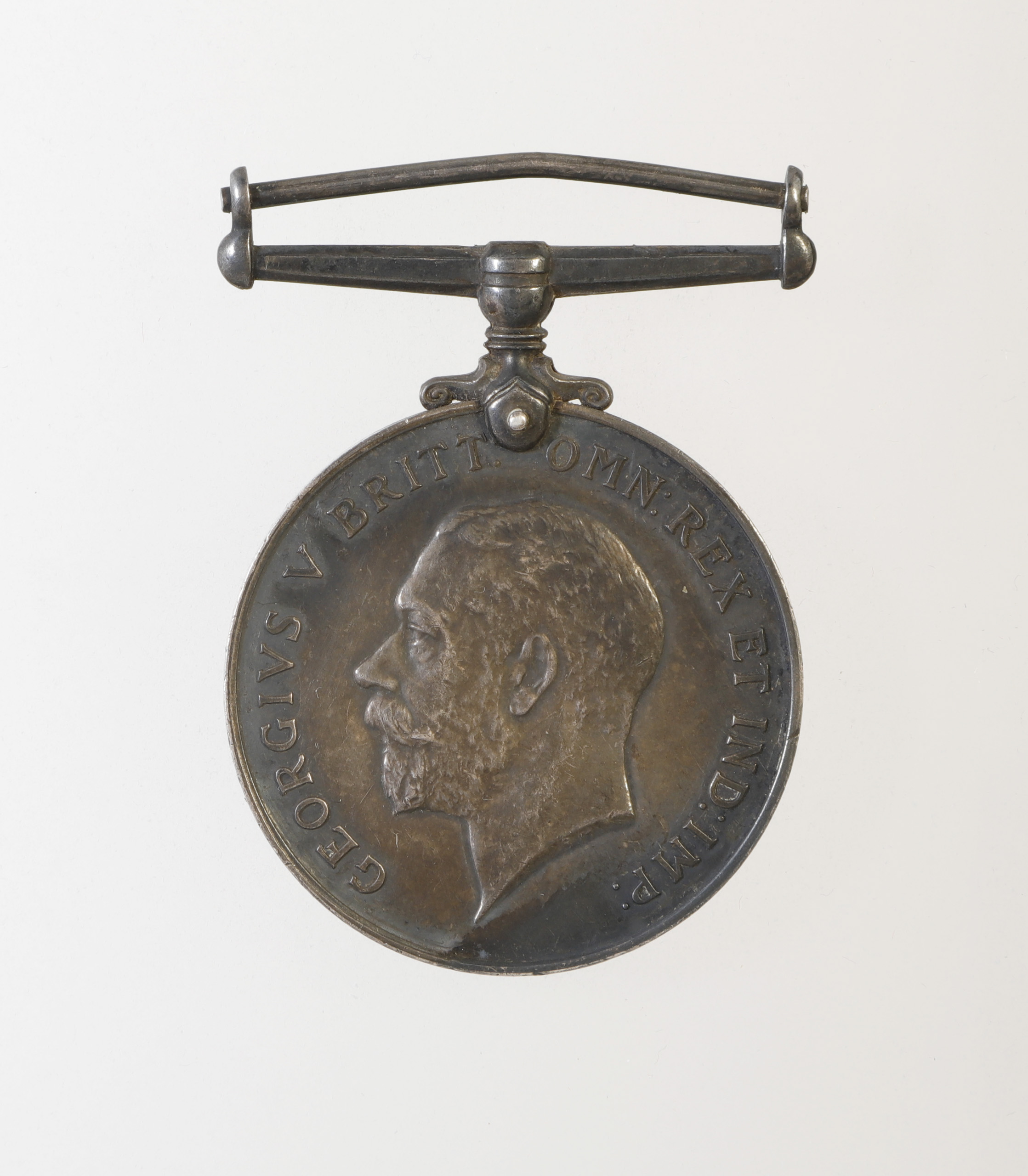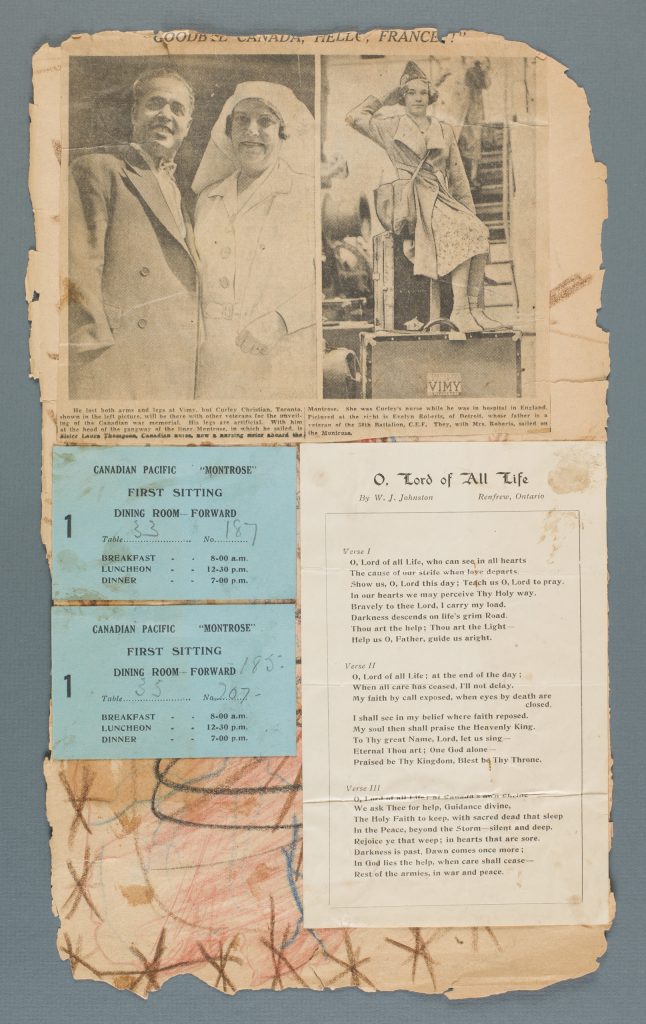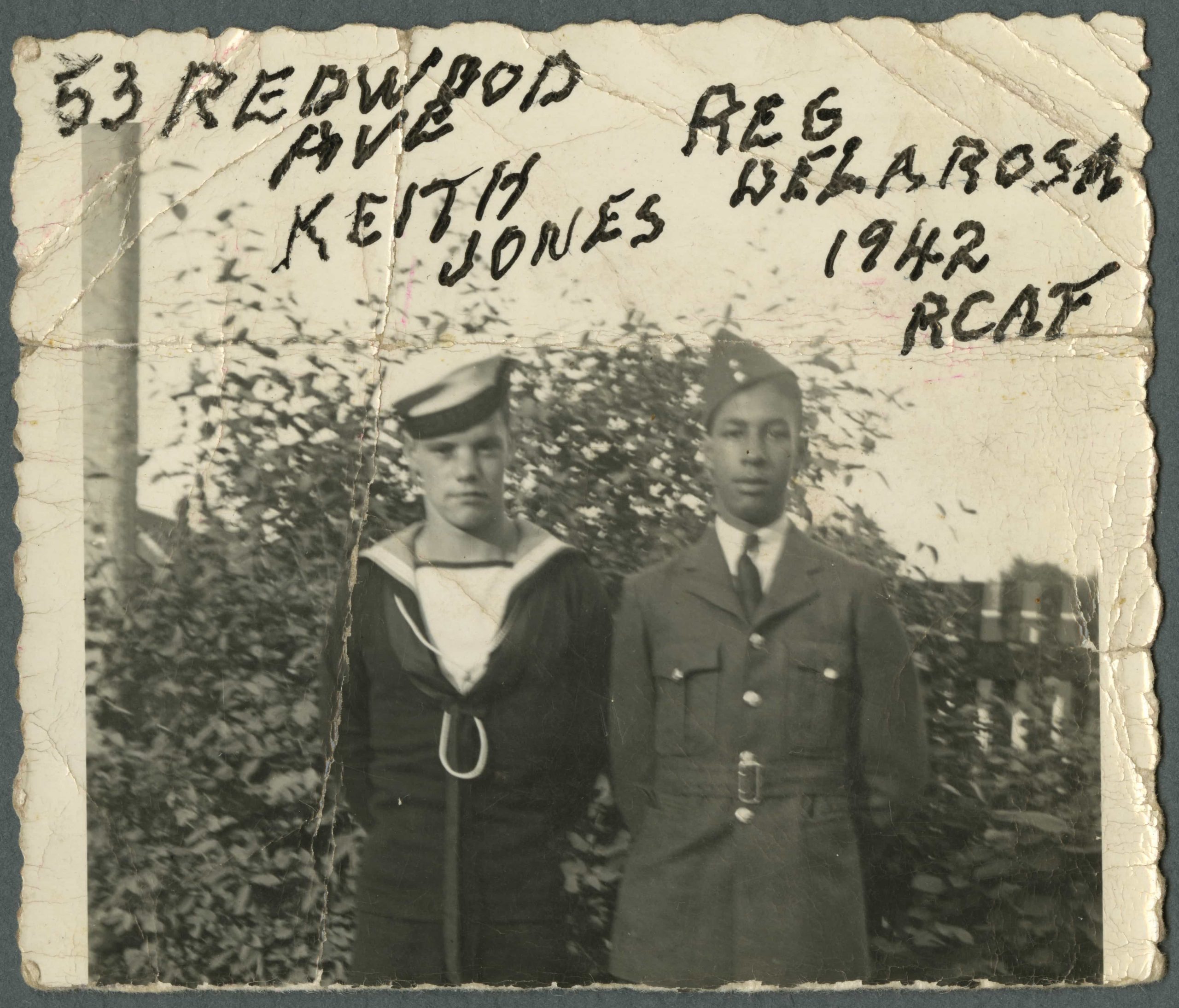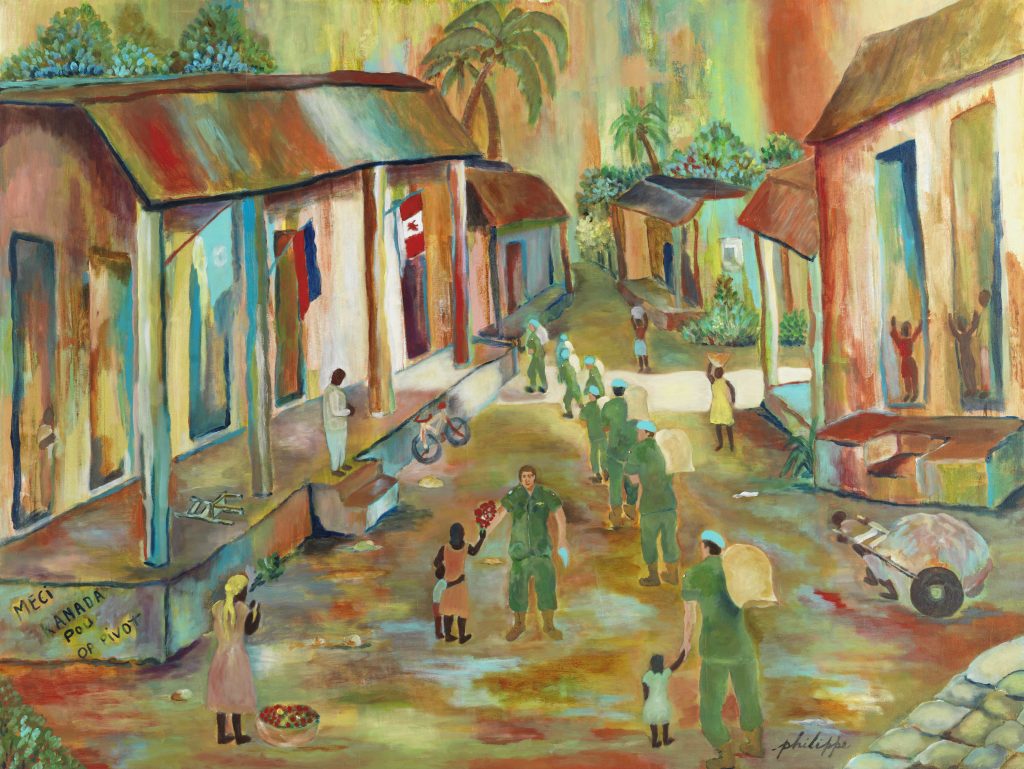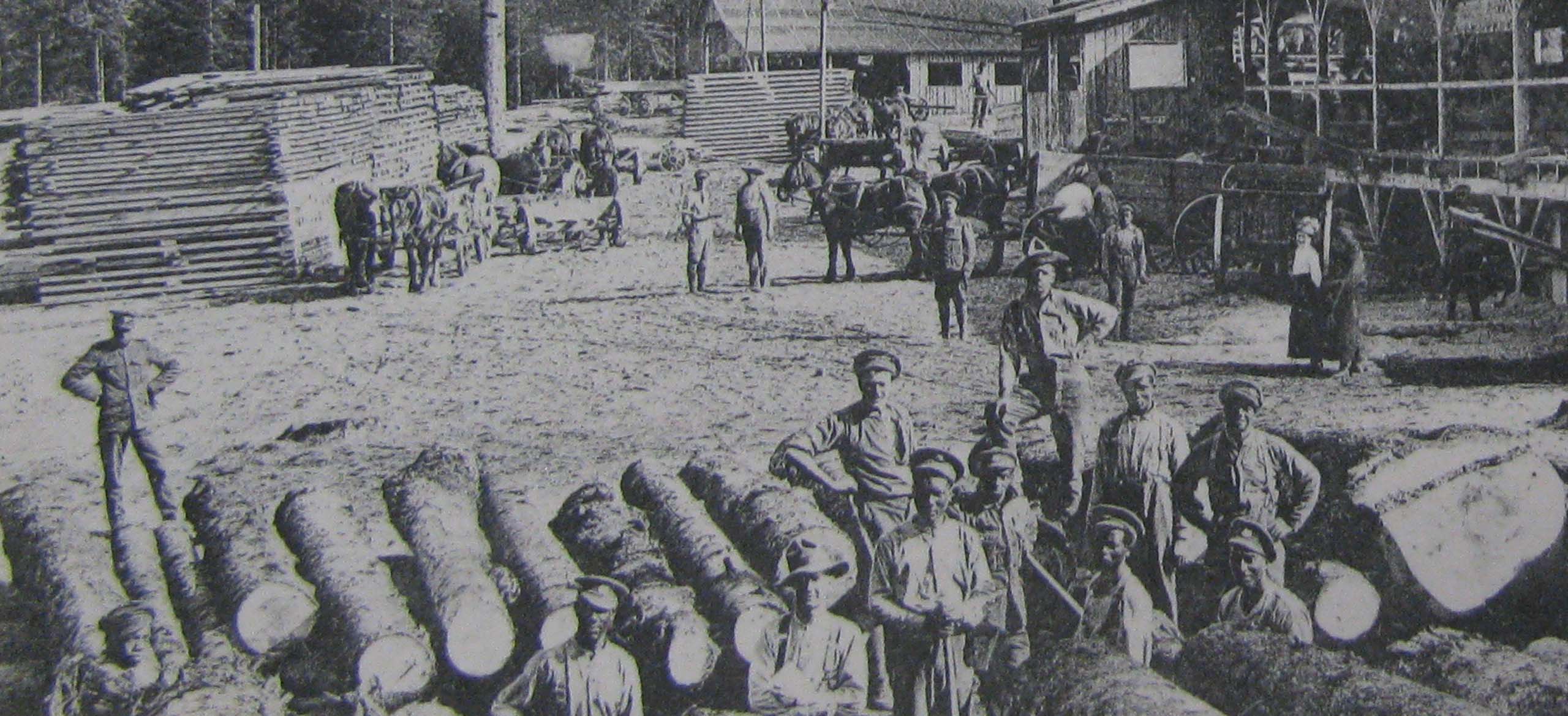
Historical Overview
Black Canadians have always understood the importance of defending their country, even as they have faced varying levels of discrimination in their fight to serve. Since the arrival of the earliest settlers, they have contributed to military operations at home and around the world.
Before 1945
Some of the earliest Black setters came to Canada as soldiers who fought with British troops during the American Revolutionary War (1775–1783) or the War of 1812 (1812–1815). This history of service continued into the world wars.
Promised their freedom, and sometimes a plot of land, in exchange for their military service, many Black Loyalists earned their place in Canada by fighting against the very Americans who would have preferred to keep them enslaved. They made notable contributions, including in the Battle of Queenston Heights in 1812.
The Black military tradition in Canada extends from coast to coast. African American migrants served as the earliest defenders of Vancouver Island, as part of the Victoria Pioneer Rifle Corps starting in 1861. Meanwhile, Black Maritimers defended Canada’s eastern shores, and served in many British military forces or the Canadian militia in the 1800s.
During the First World War, around 1,300 Black soldiers enlisted in the Canadian Expeditionary Force. They worked as translators, artillerymen, combatants, sharpshooters, lumberjacks, and more. At least 780 men were members of a segregated Black Canadian military unit, the No. 2 Construction Battalion, which operated in Canada, England and France. Those soldiers played a vital role in moving supplies to troops, building depots, maintaining railroads, serving as sentries, and providing the wood needed to rebuild crumbling trench walls and dissolving duckboards. They did much of this work within the dangerous range of the fighting and at great risk to their lives.
Black Canadian men and women also made mighty contributions and bore great sacrifices during the Second World War. The Carty family from New Brunswick, for example, contributed an astonishing five sons to the conflict. All served in the Royal Canadian Air Force, and all survived the war.
After 1945
Since the end of the Second World War, Black Canadian soldiers have helped restore peace and keep vulnerable people safe in war zones like Bosnia, Rwanda and the Sudan. Wars in the Middle East and Afghanistan, in more recent decades, have drawn more Black soldiers to the Canadian military.
Since the 1950s, Canada has played its principal military role in overseas conflicts through the North Atlantic Treaty Organization (NATO) and the United Nations. Black Canadians have served around the world in a military capacity, including in the Korean War (1950–1953), peacekeeping operations, the Gulf War (1990–1991) and the Afghanistan War (2001–2014).
In the decades following the Second World War, many factors led to a reduction in formal and informal barriers facing Black military personnel. Considerations included mounting pressure from African Canadian civic organizations, the American civil rights movement, and postwar human rights awareness. The armed forces began offering Black recruits a wider range of roles in Canada’s military. The dismantling of nearly a century of racial and gender segregation in the forces meant that Black Canadian men and women could take on new roles, and find new opportunities to distinguish themselves in service.
Royal Military College graduate Meiz Majdoub, Jr. is among them. When an earthquake caused widespread destruction in Haiti in 2010 and left countless victims displaced, Commander Majdoub represented Canada’s best when bringing aid to those in need. An engineer whose parents had immigrated to Canada from the Caribbean and Africa, he showcased the strengths of the country’s diverse modern armed forces.
Building on a long tradition of Black Canadians’ service and sacrifice, today Black women and men in the armed forces serve at home and beyond Canada’s borders.
Prepared by:
Dr. Sarah-Jane (Saje) Mathieu, University of Minnesota
Banner photo:
Members of the Canadian Forestry Corps at work in France during the First World War
Canada. Department of National Defence/Library and Archives Canada/PA-22980
